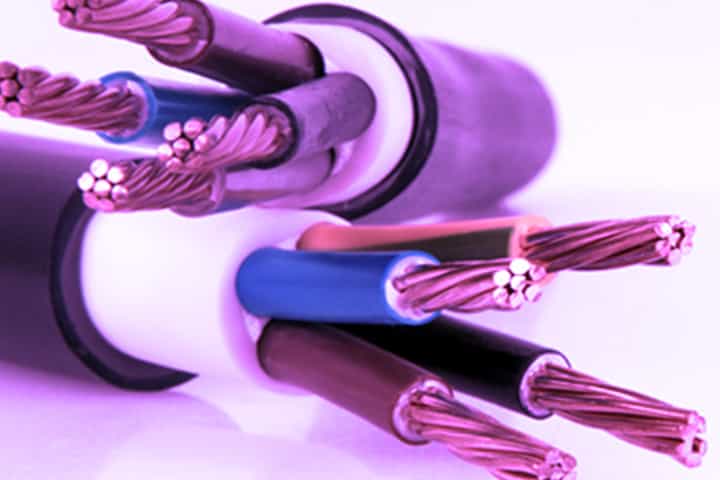If you manage a business, complying with insulation resistance specifications is vital to avoid any accidents such as electrical shock, fire, or short circuits. Insulation resistance testers (ir testers) are not just essential to keep your employees safe from facing life-threatening situations but to also safeguard your electrical systems and high voltage equipment. You can find a wide range at RS Components.
However, insulation is subjected to factors that can significantly influence its service life and cause it to fail over time. So what are the major causes of insulation degradation and eventual failure?
Some of the main reasons for insulation failure are:
Temperature – Excessive Heat or Cold
Your electrical equipment is always subjected to internally or externally generated temperatures. This could be due to dielectric loss, conduction currents or due to the heat imparted by other components. Temperature – both hot and cold extremities – is the prime cause that leads to failure of electrical insulation. Extreme temperatures cause the insulation to expand or contract which leads to the insulation cable becoming dry and brittle resulting in a large decrease in insulation resistance.
Electrical stress
When you choose your cable product you should take care to select the ones that are compatible with the adjoining components. Using a cable product that is not compatible may expose insulation to both over-voltage and under-voltage conditions leading to electrical insulation deterioration. Similarly, when a large amount of load is placed on a cable, electrical overloading can happen to lead to degradation of insulation or premature failure of the system.
Mechanical Damage
Electrical insulation can be damaged by ageing, mechanical vibration, excessive mechanical impact or external stress. Vibration is one action that is unavoidable in many environments, especially if you have an industrial or heavy machine setup.
Chemical Deterioration
Chemicals such as acids and alkalis can cause the sheathing material on an insulation cable to degrade eventually causing electrical failure, as the sheathing no longer protects the insulated cores. Similarly, seepages like motor bearing oil, corrosive vapours and other effluents tend to lower the insulation resistance, reduce the ability to dissipate heat, and promote thermal flagging and eventual failure.
Environment
It is important to pick a cable that is tough enough for the installation environment. If not, chances are that the cable product may not be sturdy enough or resistant to the environmental conditions and is more likely to fail. Environmental factors like moisture, dirt, and grime can cause significant problems including short circuits and corrosion leading to insulation deterioration.
Most of the times short circuits occur due to insulation failure. To make sure that your power supply is safe and functional and to check whether your electrical insulation has started to deteriorate due to an external factor like temperature, mechanical damage humidity, corrosive chemicals or environmental conditions, regular insulation tests should be one of your top priorities. You would need an ir tester as a diagnostic tool to troubleshoot and maintain your electrical system.
To choose the right ir tester for conducting preventative or predictive maintenance tests in your office, go through our website and find a large collection.

